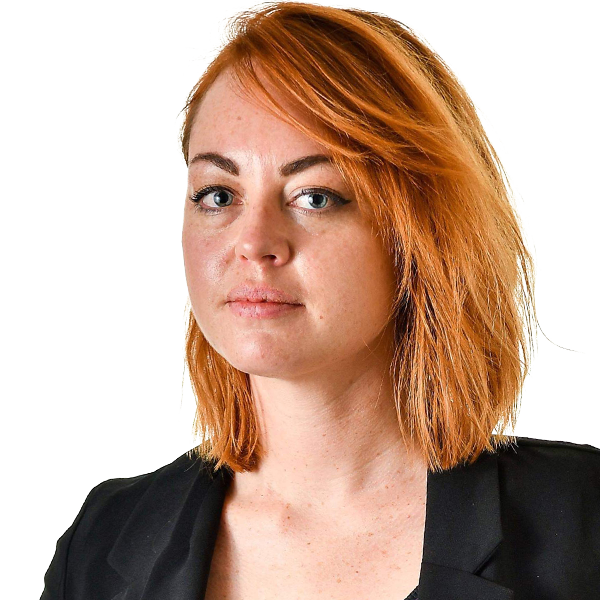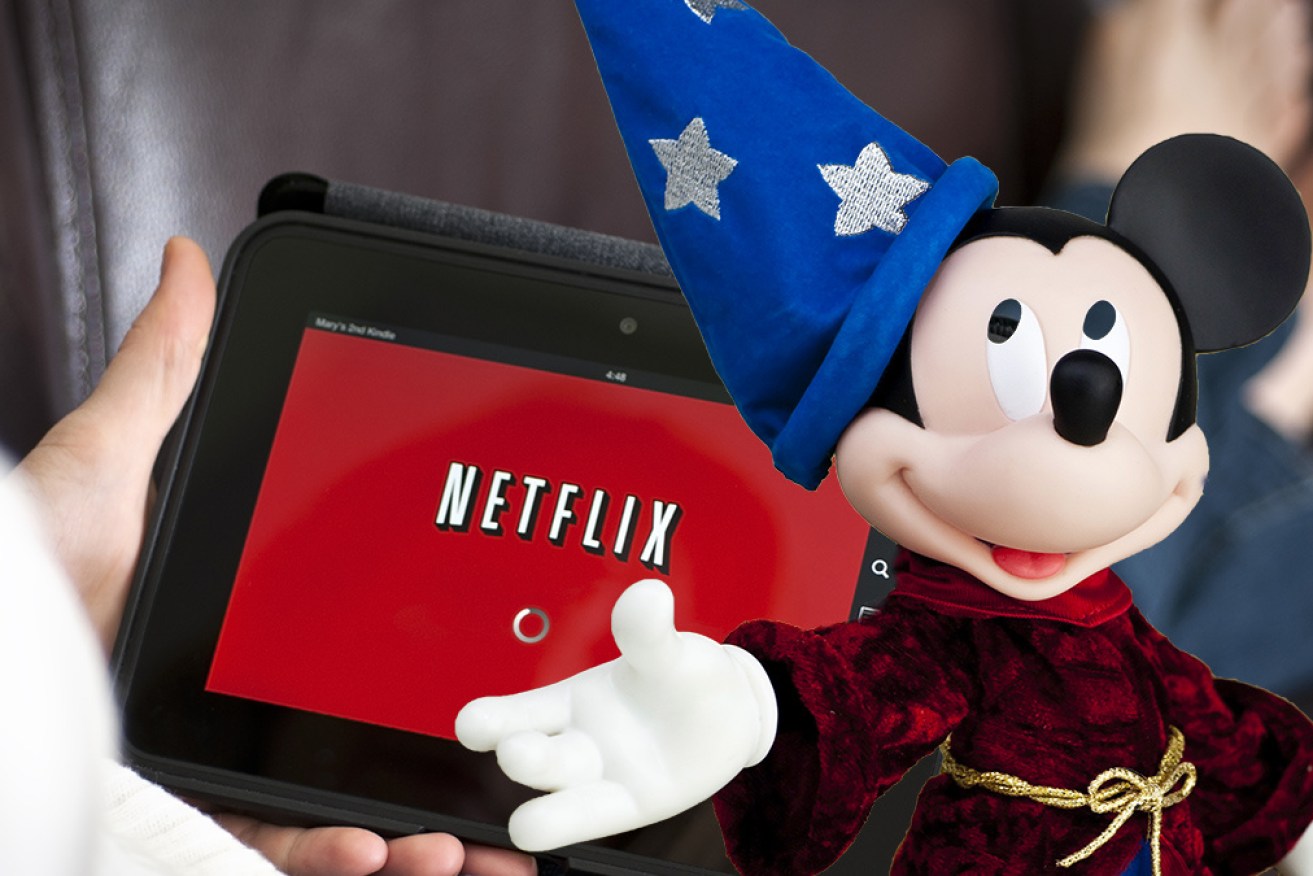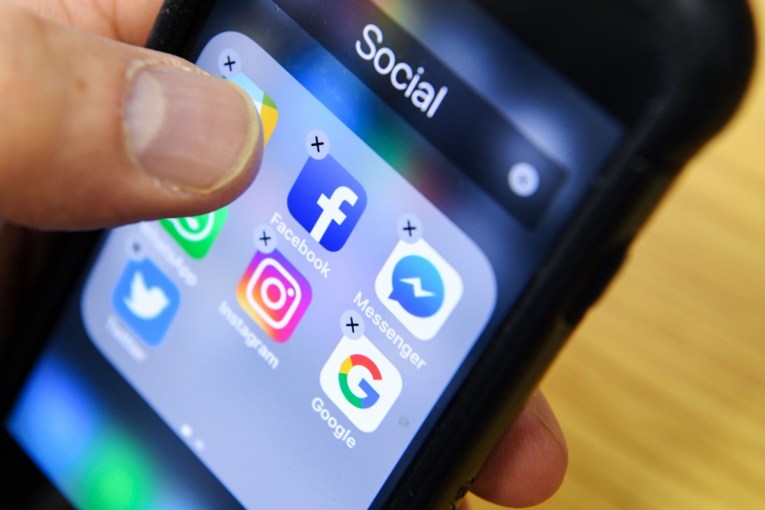Disney Plus starts strong but needs to add more: Experts


Disney muscled in on Netflix-dominated Australia in November. But there are whispers it won't continue its strong start. Photo: TND
Australians have eagerly marked themselves with Mickey Mouse ears, signing up to the Disney Plus streaming service since its launch in November.
Although the entertainment giant has been careful to keep individual country subscription numbers quiet, globally, there are almost 29 million viewers signed up across six countries.
Industry experts told The New Daily the Australian launch had probably gone as well as the company could have hoped.
Media studies professor Amanda Lotz said many things worked in the streaming platform’s favour for its Aussie debut.
“(It launched) in the holiday period, kids are home from school,” Professor Lotz, of the Queensland University of Technology, said.
Bounty hunting is a complicated profession.
The Mandalorian, an original Star Wars series, streaming from 19 November, only on #DisneyPlus.
More info: https://t.co/aHLrIT0zD7 pic.twitter.com/2bamU7lAhz— Disney AUNZ (@DisneyAUNZ) August 24, 2019
Plus, Disney has universal recognition, Victoria University screen media senior lecturer Marc C-Scott said.
“Disney is a brand that everyone knows and parents trust, to a degree,” Dr C-Scott told The New Daily.
But the question now at hand is, will brand recognition and nostalgia be enough to keep existing subscribers tuned in – let alone be enough to draw more in?
Future fantasies
Professor Lotz said three months in is too early to tell, but said if Disney couldn’t make it as a streaming service in such a crowded market, it didn’t look good for other players.
“If Disney is struggling that really is an indicator of the difficulty anyone is going to have,” Professor Lotz said.
“They’re coming to market with a strong library that they own and the strongest brand recognition.”
Dr C-Scott said Disney’s secure future could lie in the realms of sport.
Although Foxtel-owned Kayo’s subscriber base fell by 32,000 from November to February, its first drop since launching about a year ago, Dr C-Scott was confident sport was something Australian viewers were willing to pay for.
But it had to be specific, he said – they want more than just what’s available on subscription TV. They want exclusive access.
“For people to be happy to pay for it, it has to have behind-the-scenes content,” Dr C-Scott said, referencing the content AFL clubs have started pushing out through social media channels.
There’s no hint at Netflix heading in this direction, but it’s not out of the picture for Disney, Dr C-Scott said – it does o›wn US sports provider ESPN, after all.
25 Feb Australia #Top10Netflix (please share yours)
Love is Blind
Locke & Key
The Stranger
Narcos Mexico
Pup Academy
Babies
Brooklyn Nine-Nine
Sex Education
I Am a Killer
The Expanding Universe of Ashley Garcia(I'll be doing nothing but pondering this until tomorrow's arrives)
— Amanda Lotz (@DrTVLotz) February 25, 2020
Disney got itself a new CEO this week, which could also lead to changes on the way Plus operates.
Dr C-Scott said incoming boss Bob Chapek would want to bring a suite of new ideas to the table, and would likely target Disney Plus as it is one of the company’s most notable arms.
He guessed Mr Chapek could look to build on Disney Plus’s exclusivity content by rolling in premium subscriptions that could give viewers real-time access to cinema releases – at a premium price.
Australian creativity stunted
Despite the plethora of platforms beaming content to millions of viewers – including through Australian-owned Stan – there are still no quotas in place for how much home-grown content must make up their offerings.
Free-to-air networks and Foxtel are bound by quotas, but streaming platforms are not.
And it’s not going unnoticed by the country’s entertainment industry.
Earlier this week, Seven West Media threatened to stop the production of children’s programming, and has axed plans for any new Australian dramas.
It’s doing so as a protest to the Morrison government to overhaul the unbalanced quota guidelines, Dr C-Scott said.








